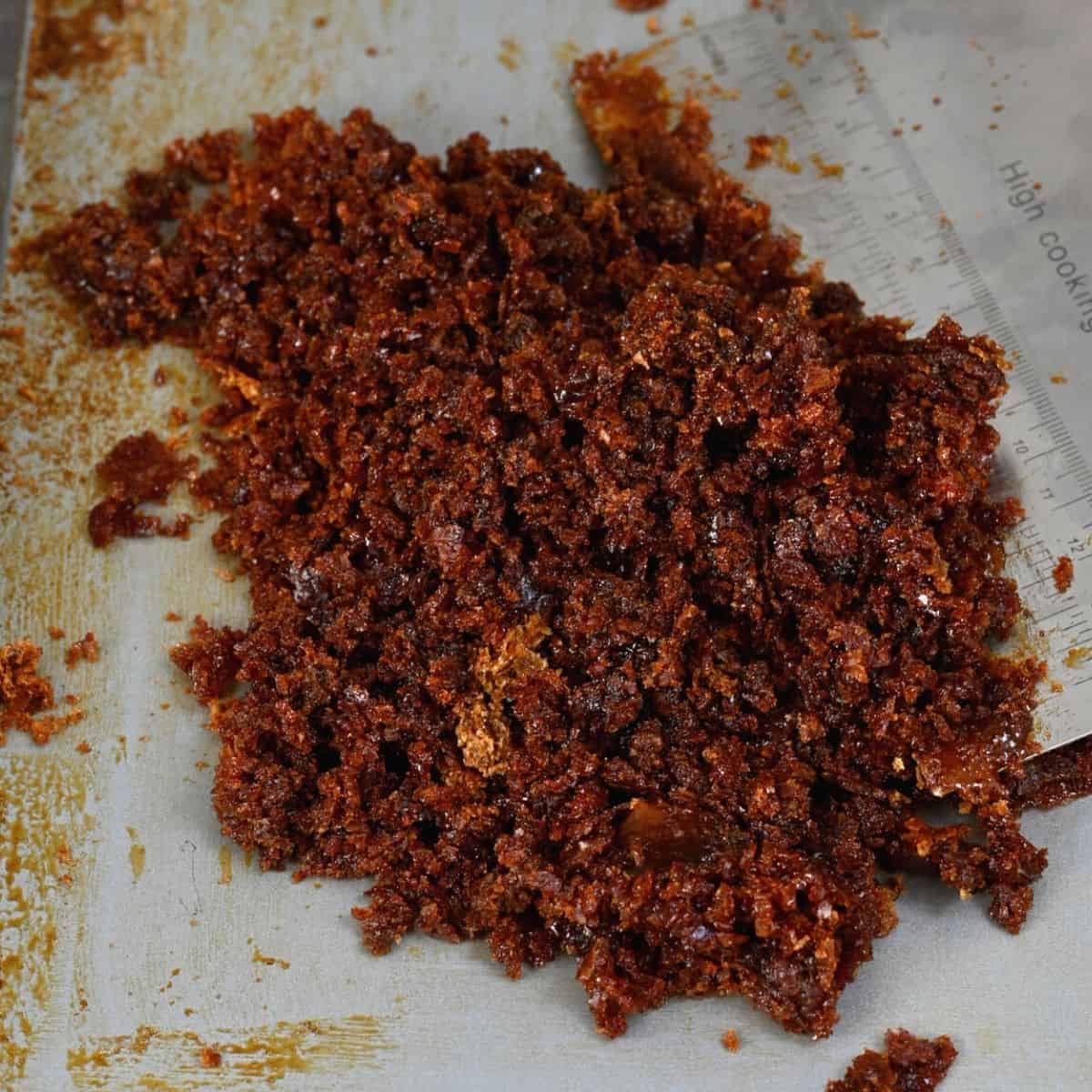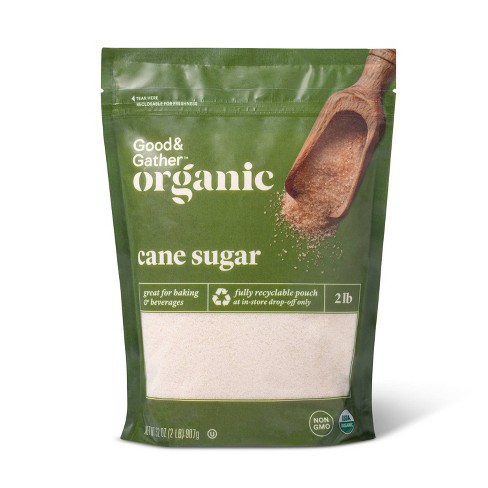Optimize Cane Sugar Processing Chemicals for Maximum Effectiveness
Optimize Cane Sugar Processing Chemicals for Maximum Effectiveness
Blog Article
Navigating Regulatory Compliance and Sustainability With Cutting-Edge Walking Cane Sugar Processing Chemicals in the Chemical Export Sector

Regulatory Landscape Overview
In the realm of walking stick sugar handling chemicals within the chemical export industry, comprehending the regulative landscape is paramount for ensuring conformity and lasting operations. Regulatory bodies such as the Environmental Security Agency (EPA) and the Food and Drug Management (FDA) play an essential role in managing the manufacturing, import, and export of these chemicals. Compliance with laws set forth by these bodies is not just a lawful need yet additionally vital for maintaining public health and environmental safety and security standards.
Regulative structures regulating cane sugar handling chemicals incorporate a large variety of facets, including labeling requirements, acceptable degrees of particular substances, and guidelines for risk-free handling and disposal. For chemical merchants, this implies sticking to rigorous paperwork procedures, quality control measures, and routine audits to demonstrate adherence to these policies.

Sustainable Cane Sugar Chemical Innovations

One famous location of advancement is the advancement of eco-friendly chemicals that lower water and power usage during the sugar processing phases. By carrying out these lasting remedies, companies can reduce their carbon footprint while maintaining high degrees of performance. Additionally, improvements in biodegradable chemicals are gaining grip, providing an extra eco pleasant choice to typical processing agents.
Moreover, the combination of eco-friendly energy resources in the manufacturing process is ending up being extra widespread, further enhancing the sustainability account of cane sugar processing. By welcoming these lasting cane sugar chemical technologies, companies can not just meet regulative requirements but additionally show a commitment to environmental duty in the chemical export sector.
Compliance Challenges in Exporting Chemicals
Browsing regulative frameworks poses considerable challenges for chemical merchants, requiring meticulous attention to conformity requirements and global laws. Exporting chemicals includes adherence to a complicated web of guidelines that vary from nation to country. Among the main compliance obstacles encountered by chemical exporters is ensuring that the products satisfy the certain regulatory needs of the importing nation. This consists of acquiring the necessary authorizations, certifications, and documentation to show the safety and validity of the chemicals being exported.
Furthermore, chemical merchants should stay abreast of frequently evolving regulations and standards connected to chemical transport, handling, and production. Failure to adhere to these policies can cause extreme repercussions, including fines, lawful action, and reputational damages. Additionally, navigating Learn More profession constraints, sanctions, and export control legislations adds another layer of complexity to the compliance landscape for chemical exporters.
To mitigate these difficulties, chemical merchants must spend in durable compliance programs, conduct routine audits, and engage with governing authorities to make sure a thorough understanding of the suitable laws and laws. By focusing on conformity and staying aggressive in addressing regulatory challenges, chemical merchants can navigate the my blog complexities of international trade efficiently.
Ecological Influence of Cane Sugar Processing
The ecological ramifications of cane sugar processing are an essential aspect requiring detailed assessment in the chemical export market. Walking cane sugar handling can have substantial ecological influences at various stages of manufacturing. Among the key problems is the generation of large volumes of wastewater consisting of natural issue, put on hold solids, and chemicals made use of in the handling plants. This wastewater, otherwise effectively dealt with, can contaminate water bodies, damage marine life, and deteriorate overall water quality. In addition, the burning of sugarcane areas before gathering, a typical method in some regions, launches harmful air toxins and greenhouse gases right into the ambience, contributing to air high quality issues and environment adjustment.
Moreover, the substantial use of pesticides and fertilizers in sugarcane cultivation can bring about soil deterioration, water contamination, and injury to non-target organisms. It is critical for chemical exporters included in the walking cane sugar processing sector to apply lasting practices, invest in innovative wastewater treatment technologies, advertise responsible farming approaches, and stick to stringent ecological guidelines to decrease the unfavorable environmental influence of their operations.
Future Trends in Sustainability Practices
What innovative approaches are chemical exporters in the cane sugar handling industry embracing to boost sustainability techniques for the future? As the demand for lasting practices continues to expand, chemical exporters are embracing numerous trends to make certain a greener future for the market. One popular fad is the change towards creating and using environmentally friendly chemicals in the handling of walking stick sugar. These chemicals are made to reduce ecological effect while keeping high levels of performance in the manufacturing procedure.
Another essential pattern is the execution of advanced innovations such as automation and data analytics to maximize source use and minimize waste generation. By taking advantage of the power of data and automation, chemical merchants can improve their procedures, boost energy performance, and improve overall sustainability efficiency.
Moreover, collaborations and collaborations with sustainability-focused organizations and stakeholders are becoming increasingly usual. By interacting, chemical exporters can trade knowledge, share ideal methods, and jointly drive advancement towards more sustainable cane sugar processing methods. Accepting these patterns will certainly not just benefit the setting however likewise make sure long-lasting success and competitiveness in the industry.
Conclusion
In conclusion, the chemical export industry should navigate complex regulatory landscapes and sustainability obstacles when processing cane sugar. Advancements in walking stick sugar processing chemicals are essential to satisfying compliance criteria and minimizing environmental influence. As the market continues to develop, it is necessary for firms home to embrace lasting practices and remain ahead of future trends to make sure long-lasting success.
In the realm of walking stick sugar processing chemicals within the chemical export sector, recognizing the regulative landscape is extremely important for ensuring conformity and sustainable procedures.Checking out innovative strategies in the advancement of lasting cane sugar chemical solutions is essential for progressing environmental stewardship in the chemical export industry. Companies are significantly investing in study and development to create sophisticated walking cane sugar processing chemicals that not only make sure high performance in sugar manufacturing however likewise stick to stringent sustainability requirements.
Additionally, chemical merchants must remain abreast of frequently developing laws and criteria connected to chemical manufacturing, transportation, and handling - Cane Sugar Processing Chemicals.The environmental implications of cane sugar processing are a critical element needing complete evaluation in the chemical export market
Report this page